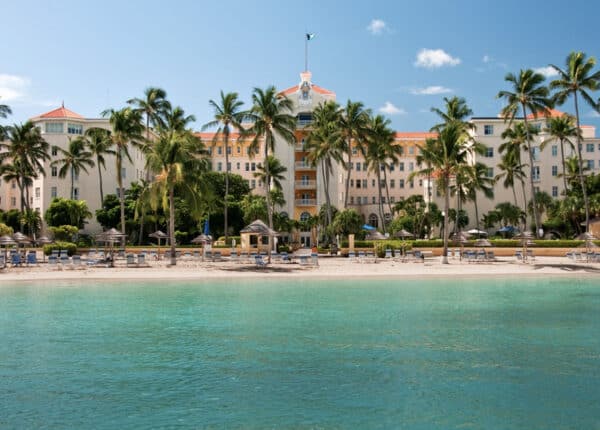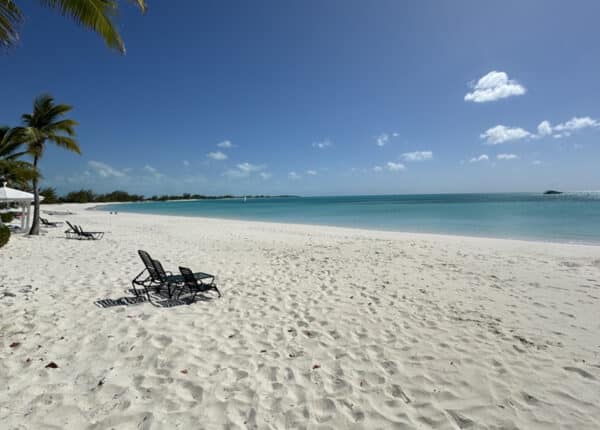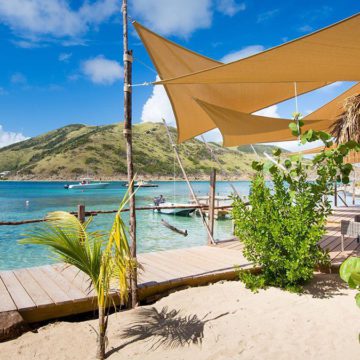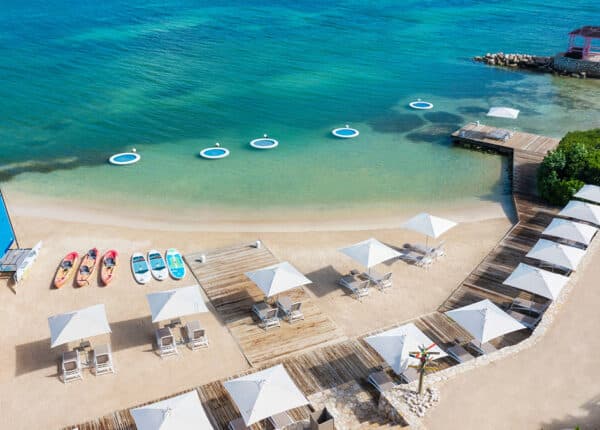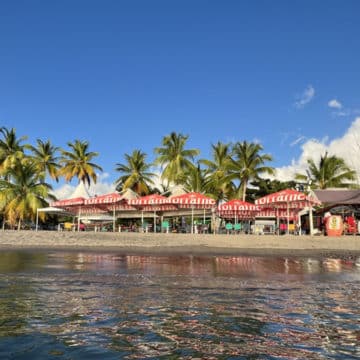Interview With Barbados Energy Minister Senator Darcy Boyce
The government plan, which will probably be a joint venture with the private sector, involves the restructuring of the sugar cane industry, where we use gas from the crushed cane, and we’ll use that for fuel to generate electricity. But our cane crop only grows three months of the year, and of course, one wonders, how does that give us base load? So what we are also looking to do is use some lands which have not been the most productive in sugar cane to grow bagasse. We intend to grow that year round, and use that to fill in the nine months when there’s nothing else growing. So we can have a base load generation from that culture. So those are the projects which we reckon will give us a good base load to get up to that point quite easily. Then there are people who are thinking of putting in some wind power. The local power company, I understand, is in negotiations [for wind], and there’s another investor who is looking to put in wind power as well. And we’ve got some investors who are looking to do solar on a very large scale, using their own rooftops to generate solar. Hopefully that will begin to move into a stage where we can use solar to give us some base load.
Do you see solar or wind power as having greater potential for Barbados?
We believe we will probably get more from solar than wind here. From what I understand, we do have wind, but maybe not sufficiently or continuously, given where we are. But we have quite a bit of solar [potential], because we’ve got good conditions, and a lot of rooftops, both home and office buildings, and factory buildings, and we want to concentrate particularly on getting the industrial buildings and office buildings into solar. So there’s a framework of incentives for that, and there’s also a set of other institutional features, such as training. But we have physical incentives in place already, in that the importation of the equipment for renewable energy systems is free of duty. We’ve been asked by various people about making the equipment free of VAT, but that is still an area of consideration. But in addition to import duty-free status, persons who install renewable energy systems are able to deduct the cost of the installation over a period of five years, up to $10,000 a year from their income, when it comes to taxes. So that helps us to recoup the cost of the systems. Companies are also allowed to deduct the amount they invest from their company income.
We’re also going to Parliament with some changes that allow people who are classified as renewable energy producers to be able to take a break on their property taxes as well. And we are working on what will be the parameters, or the hurdles, of that debate. Because, obviously, we have to make sure that the hurdle is sufficiently high, so that people do not get a rebate for not generating what should be a reasonable amount of power from their property. But that work is going on. And we’re looking at what other incentives we might have, perhaps in terms of providing people to have the income free of tax for some period of time in order to get them into the system. Our government has started a small pilot scheme called the Smart Energy Fund, which is not capitalized a great deal, but it is done for providing technical assistance, as well as funding, for smaller projects and small businesses. Once that succeeds, we will learn lessons from that and then ramp it up to a bigger scale, so that the private sector can help fix their own businesses,, either by reducing their energy usage by energy efficiency, as well as using renewable energy to help generate the power that they use. So we have a fund for hoteliers for that area, and a fund for the people.. It’s a case of trying to facilitate and get low-cost funding to people.
There’s been a growing geothermal movement in the Eastern Caribbean — is that something Barbados is monitoring?
Well, the World Bank has done quite a bit of work in looking at the feasibility of geothermal power in the region. In the case of the Nevis one, it looks like their markets are the northern Caribbean, places like Puerto Rico or Antigua. And Dominica’s market seems to be into the French islands, Martinique and Guadeloupe. Down in this neck of the woods, it might be viable if St Lucia or St Vincent were to look at it, but we’re not going to close our eyes to that. It would give us an advantage, and we prefer to see how we can be part of it.
What kind of progress is Barbados making on offshore oil development?
There is no drilling that has yet occurred. If you recall, we had a bid process in mid -2008, right before prices tanked, and of course they tanked and then came back up. And we’ve been having negotiations for a long time with a major [firm], and we expect to make an announcement of a major licence to explore here. But it takes a while between tbe first licence to explore and when the first oil and gas comes. There’s somewhere between 10 and 12 years. We’re also in very deep waters, and we have to be very careful about how we go about it, and get help from our neighbours and other people.
In a perfect world, where do you see Barbados’ energy situation in a decade?
Well, I would see us, one, having reequipped a lot of our industry to be much more energy efficient, so we can get a 20 percent reduction in consumption. Two, I’d like to see, in 10 years’ time, that we would get up to 40 percent of our generating capacity from renewables. Third, I would like to see us with natural gas, so we can have cheap electricity and move to a cleaner Barbados. Fourthly, if we’ re lucky with some good results, I would suggest that we would not be far from our first commercial oil or first commercial gas by that time. So that’s where I would want to see Barbados in 10 years, and I would say there is a high chance that we could get there.
